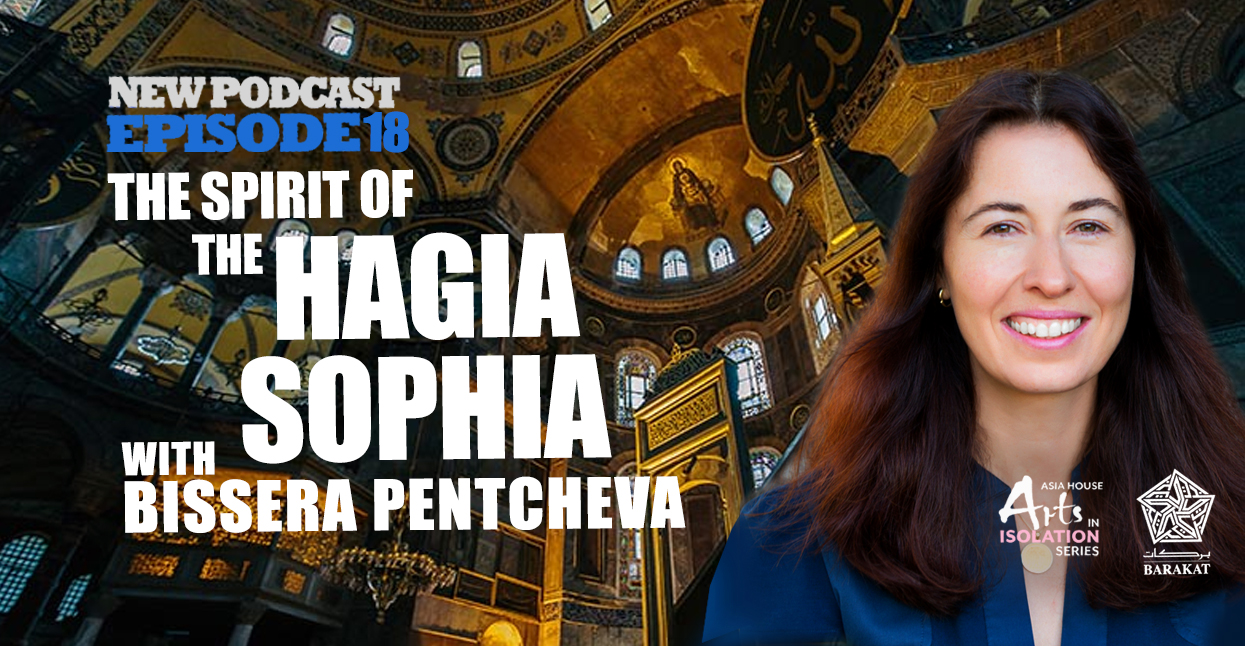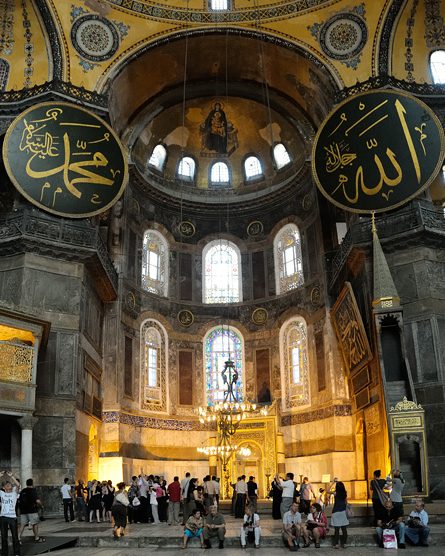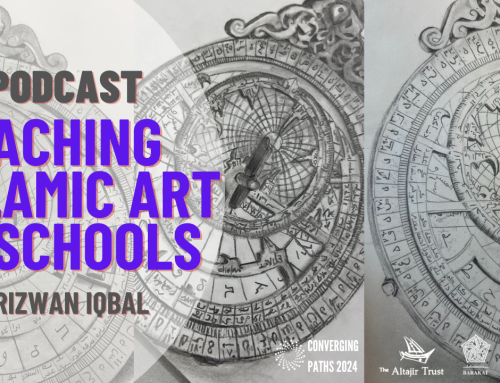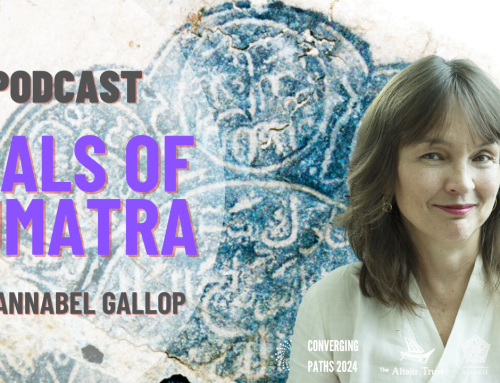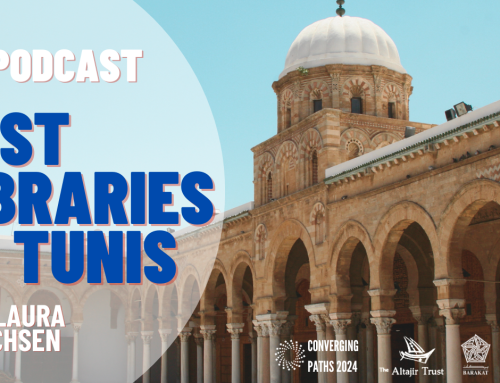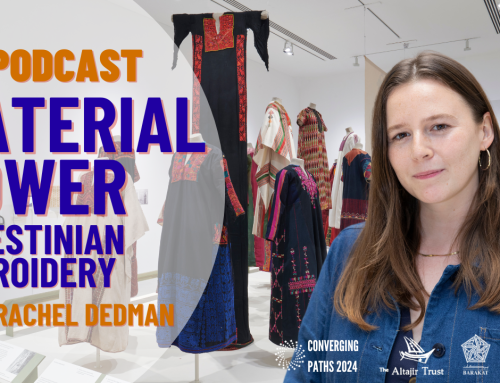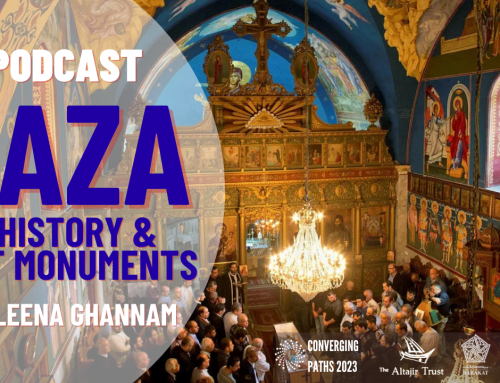Hagia Sophia has featured in thousands of books and treatises throughout the centuries, many of which have praised the awe-inspiring spaces of this architectural wonder. Yet recently, the building has made headlines for very different reasons, as politics and heritage become entangled. In this week’s podcast, Professor Bissera Pentcheva helps us to navigate the complex story of the Hagia Sophia, and brings to the fore the beauty and magnificence of a building that, through the use of sound and light, was meant to replicate Heaven on Earth.
Bissera V. Pentcheva is professor of art history at Stanford University. Her innovative work in acoustics, art, and music has redefined the field of Byzantine architecture. She has published three books with Pennsylvania State University Press: Icons and Power: The Mother of God in Byzantium, 2006 (received the Nicholas Brown Prize of the Medieval Academy of America, 2010), The Sensual Icon: Space, Ritual, and the Senses in Byzantium, 2010, and Hagia Sophia: Sound, Space and Spirit in Byzantium, 2017 (received the 2018 American Academy of Religion Award in excellence in historical studies).
The podcast features music from the interdisciplinary project Icons of Sound (2008–present), codirected by Bissera Pentcheva and Jonathan Abel (Center for Computer Research in Music and Acoustics [CCRMA]) at Stanford University and performed by Capella Romana. We are very grateful for their collaboration.
Note: This episode was recorded prior to the reuse of the building as a mosque on 17 July 2020.
This podcast is part of Converging Paths and Arts In Isolation, a partnership with Asia House, kindly supported by the Altajir Trust, and the Aga Khan Trust for Culture’s Education Programme.

